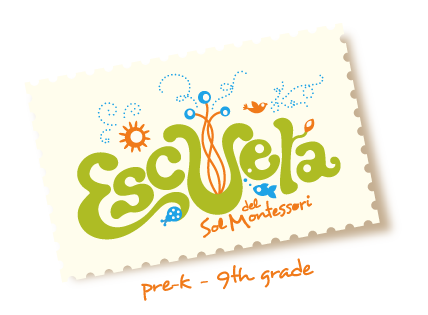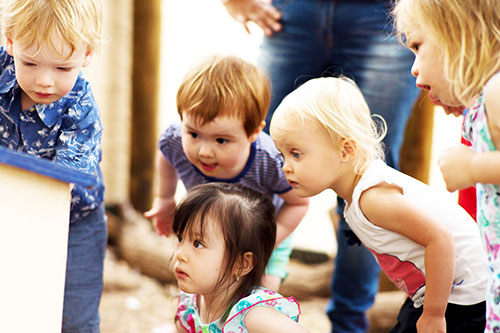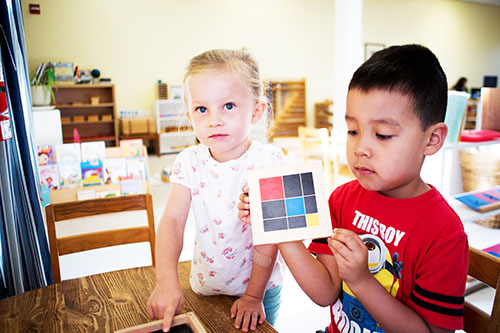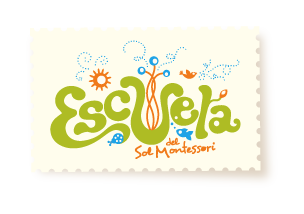As children move into Elementary, they develop a strong interest in ethics and fair play. The same impulse that led the young child to insist, “help me to do it by myself,” for physical tasks — putting on a coat, carrying a chair, or opening a door — now moves into the moral realm. Elementary students want to independently investigate rules of behavior and roles in a group. Their questions move from “What is that?” to “WHY is that?” Cause and effect, connections and consequences, are of paramount interest. Classroom lessons direct these intellectual and social explorers to the interrelated roles in society and ecosystems: the give and take that allows for a balance between forests and cities, predator and prey, farmers and merchants.
Each class holds regular meetings in which students share projects, and work to solve social problems that arise within the community in a collaborative manner. Teachers act as moderators and facilitators, helping students learn how to negotiate solutions that respect everyone’s thoughts and feelings, and that will maintain a smoothly functioning classroom community. Taking advantage of real community issues enables students to develop real-world skills such as compromise, diplomacy, and self-expression that will serve them throughout their lives.
The school environment naturally presents opportunities for children to learn how to mediate conflict, understand how to be a good friend, practice regulating emotional response, graciously deal with disappointment, recognize misunderstandings, and be flexible in changing one’s mind. Resilience is a powerful tool learned through practice and guidance in this social setting. Learning takes time, and making mistakes is a valuable part of the process. Social and emotional skills need to be refined through practice just like academic skills. Having the confidence to try, to make a mistake and then to try again, is an invaluable trait to develop.






